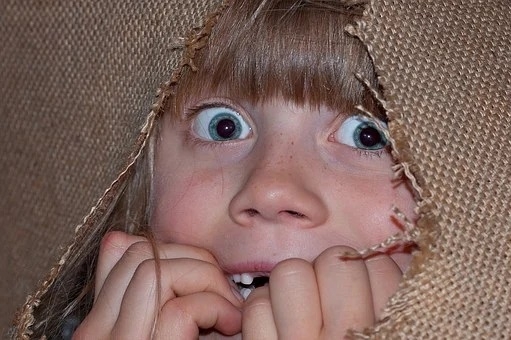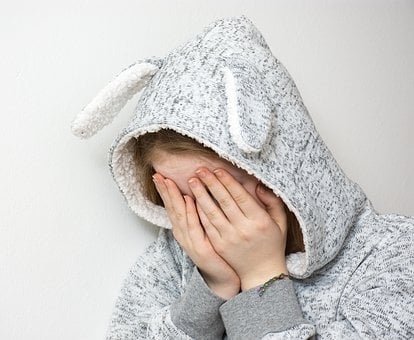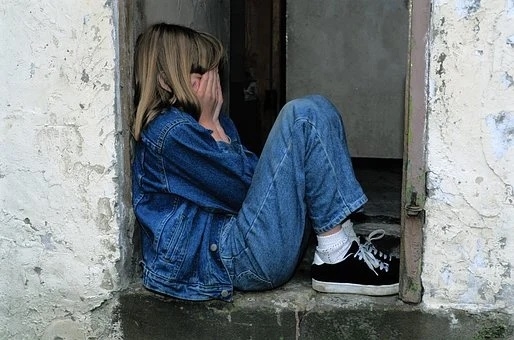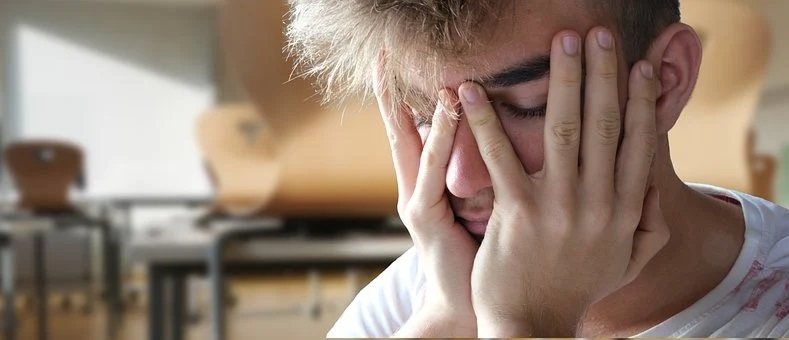Handling Child Anxiety
February 18th, 2022
1060 Views

When your child is anxious, it is only natural as a parent that you want to protect them from what is causing them to feel this way and also to make your child feel better. Unfortunately, this is not the ideal way to tackle your child’s stress and could in fact make the situation harder. The best way to deal with child anxiety is to help your child to understand why they are feeling as they are and to teach them how to deal effectively with this emotion.
Don’t avoid things that make your child anxious.
Especially when your child is young, it is important not to give in to anxieties but to reassure your child that you will be with them. If anxiety makes your child cry, don’t move them speedily away from the situation but teach them instead how to face their uncertainties and anxieties
Be both positive but realistic
It is not always possible to know the exact outcome about lots of life’s situations such as whether your child will enjoy going to a certain place or will pass their reading test. You can express confidence that your child will enjoy himself or will do well and whatever the outcome they will be able to handle the situation. By letting them know this it ensures that your child feels realistic too and knows that it is okay for them not to like something or it fail their reading test. Once they have faced their fears their anxiety level will drop and will be less each time they find themselves in the same situation.Help them to understand why they are anxious
When faced with an anxious situation such as going for a vaccination, it is important that you respect your child’s feelings and help keep them in balance. Discuss what aspects make your child anxious and encourage them to face their fears and that it is okay to be fearful and that you will be supporting them.Don’t reinforce your child’s fears
This is easier said than done especially if you share the fear for example, of dogs or spiders. It is important that the tone of your voice and your body language are encouraging your child to keep calm and address his fears rather than reinforcing them.
Talking about your child’s feelings
From an early age your child will encounter the feeling of anxiety and talking with your child is the best way to help them deal with it. The best way to do this is not to acknowledge their anxiety by stating ‘ you are probably feeling scared’ but to ask a more open question about how they are feeling (knowing that they will probably share their anxiety). Try and talk and act calmly as this will help your child to remain calm. Sometimes asking your child what they would do if their worst fears about a situation did materialise. By discussing things through, they will feel empowered and also strong because they are confident that they have a course of action to follow.Teach your child anxiety tolerance
Tell your child that learning how to tolerate an anxiety takes time. They must learn to live with their anxiety and by facing it rather than running from it will lower the fear over time – if not eradicate it.One of the best ways your child will learn how to deal with his anxieties is by watching how you deal with yours – children are very perceptive and you probably won’t have to say a word but they will understand how well you cope with stressful situations.

Anxiety in teenagers
Anxiety during adolescence is very common and is usually focused on how the teenager’s changing body looks and feels, how well they feel socially accepted and the struggles with parents about their growing independence. Teenagers can often get overwhelmed by anxiety and become incredibly shy or avoid their usual much-loved activities. Sometimes in an attempt to deny their worries and fears they can indulge in risky behaviour with drink, drugs or sex.Try and talk with your teenager about his anxieties, listening carefully and respectfully. Don’t discount his feelings, but help him to understand the challenges he has with uneasiness about his changing body, performance, and acceptance by his peers. Give him confidence that general uncertainty about so many aspects of life is a natural part of adolescence. Help him to trace the cause of his anxiety to certain situations and experiences and reassure him that he can confidently handle them and that as he gets older he will develop different ways to handle stress and anxiety and these will be valuable tools throughout his adult life.
Useful reading:
● www.psycom.net/help-kids-with-anxiety
● www.childmind.org/article/signs-of-anxiety-in-teenagers/
● www.nhs.uk/mental-health/children-and-young-adults/advice-for-parents/anxiety-disorders-in-children/
Chrissie x

